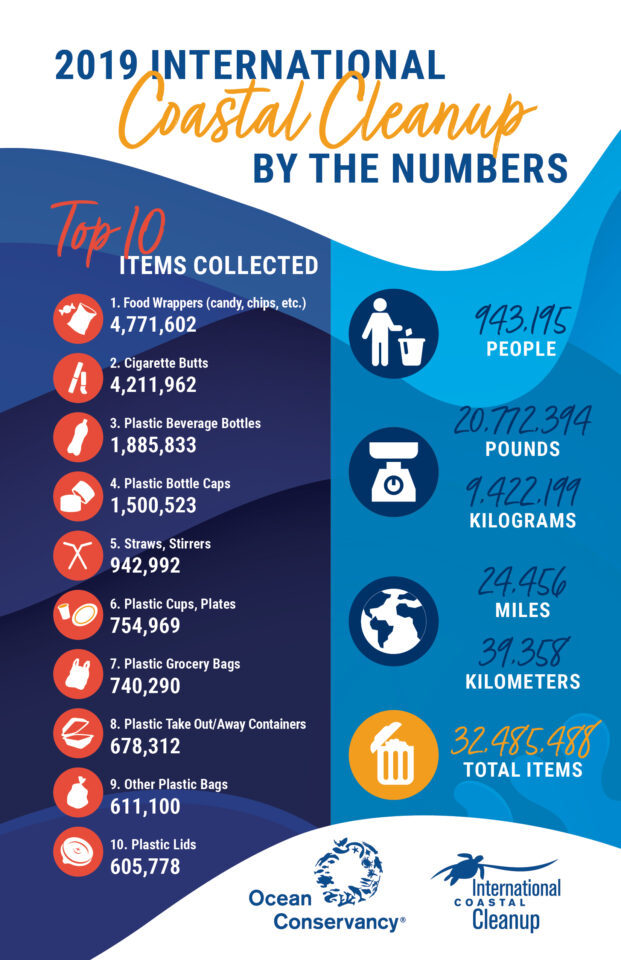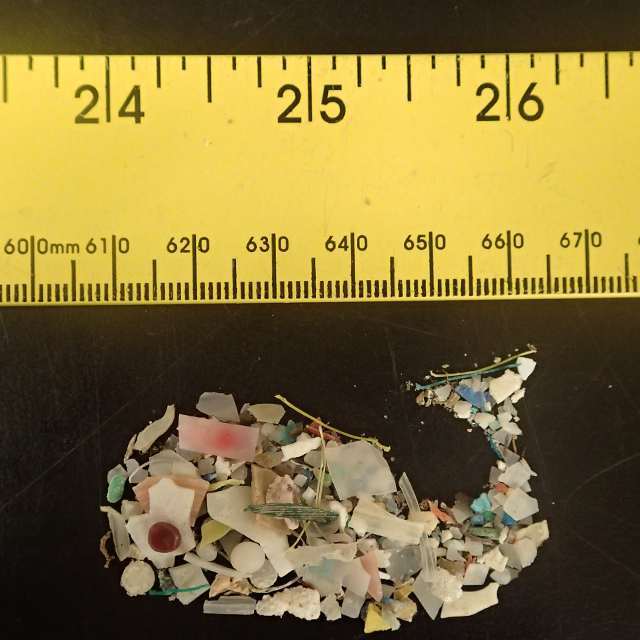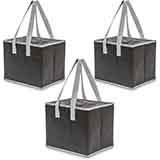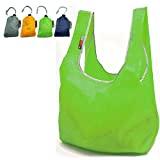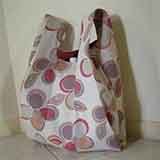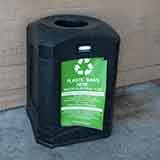Use A Car Wash

Washing your car can send harmful chemicals down storm drains not designed to filter water and from there chemicals and soap will get into our streams, bay and Gulf where they can harm marine creatures, plant life and water quality




